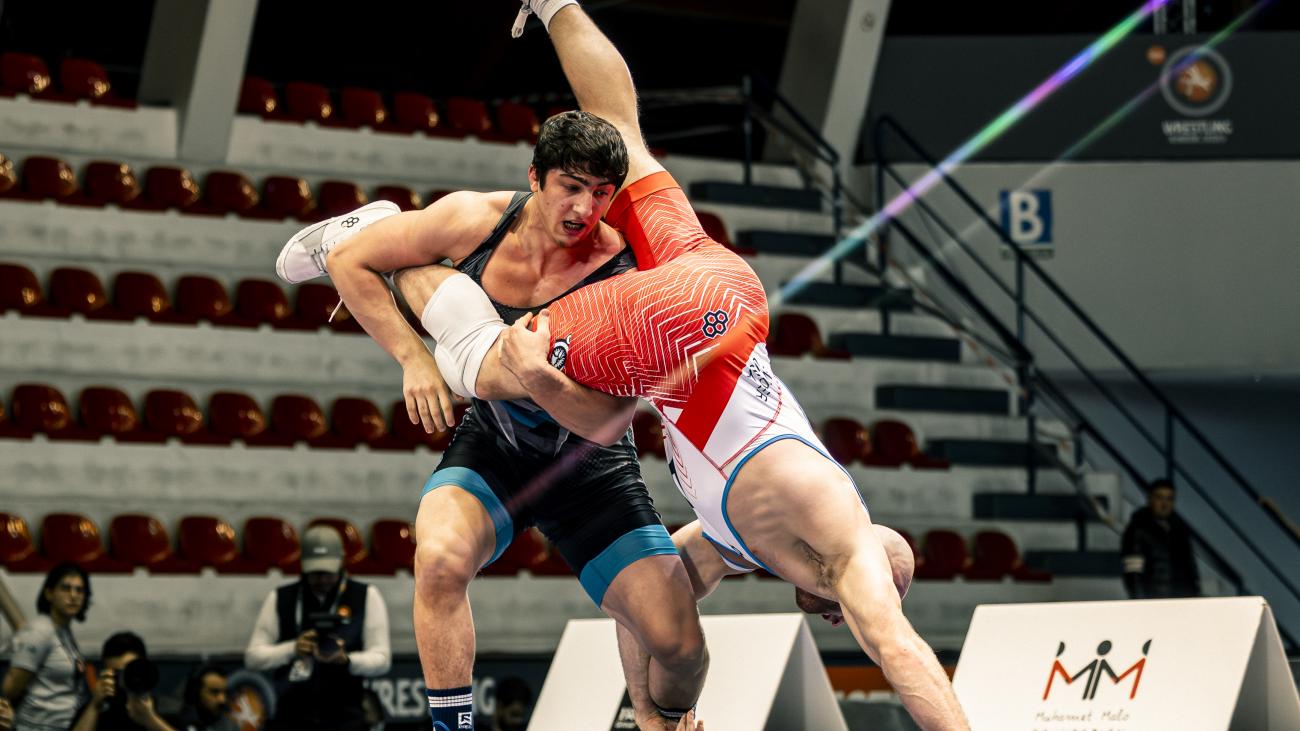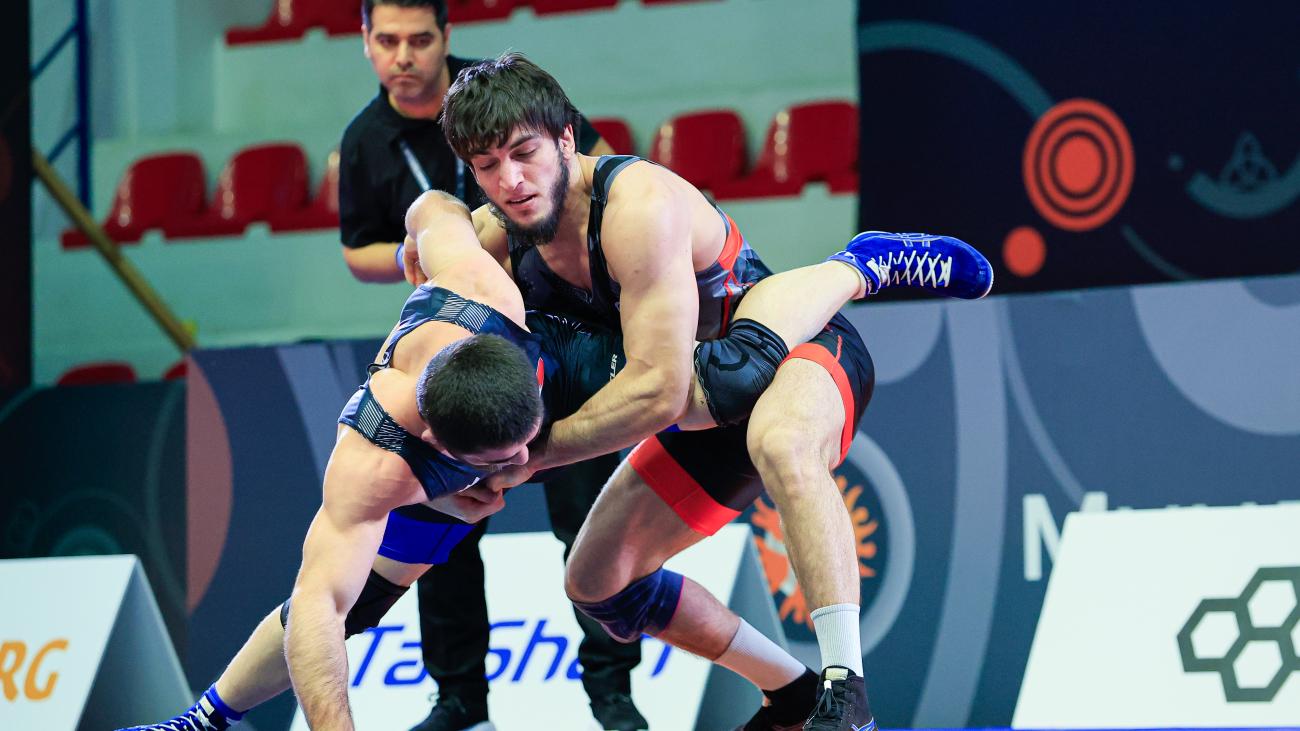CORSIER-SUR-VEVEY, Switzerland (March 20) -- United World Wrestling Medical Commission initiated a new program to help optimize the prevention of wrestling injuries that involves special education and working with referees to recognize and prevent dangerous actions during official competitions.
Olympic wrestling styles can result in various types of soft tissue and musculoskeletal injuries. Conducting "Safe Sport" through recognition and stopping dangerous actions during wrestling competitions are the responsibility of the referee.
Dr. Babak SHADGAN, representing United World Wrestling, presented on the topic of prevention of injuries by referees at the 2020 International Federations Medical Commission Chairpersons Meeting in Monaco, March 10-11.
"We hypothesized that prompt and proper actions of referees to stop dangerous actions and faults could reduce the incidence and severity of wrestling injuries significantly," said Shadgan.
To test the hypothesis, a prospective observational study was conducted at the 2018 Youth Olympic Games, an event held in Buenos Aires, Argentina, in October of 2018. The purpose of the observational study was to evaluate the potential effect of a proactive and extra cautious referee practice on reducing the rate and severity of injuries.
Referees at the 2018 Youth Olympic Games were educated and instructed to be highly careful, prompt and proactive in stopping high-risk and dangerous actions. Data and specifications of injuries among 110 participant wrestlers in the 2018 Youth Olympic Games were compared with injuries that occurred among 658 wrestlers who competed at the 2018 Junior World Championships in September of 2018 in Trnava, Slovakia.
The data showed that at the Junior World Championships there was an overall incidence of 10.64 injuries per 100 athletes, while at the 2018 Youth Olympic Games, there was an overall incidence of 4.54 injuries per 100 athletes. Furthermore, the severity of injuries during the Youth Olympic Games was significantly lower than the Junior World Championships.
"We showed that proactive and cautious actions of wrestling referees to promptly stop dangerous actions have the potential to reduce the rate and severity of injuries in wrestling significantly," said Shadgan. "This is a novel approach to the prevention of sports injuries."
Based on Shadgan's presentation, the IOC Medical Commission has decided to consider a workshop on the prevention of sports injuries by modifications of sport regulations during the IOC-IF Medical Commissions meeting in February of 2021.




